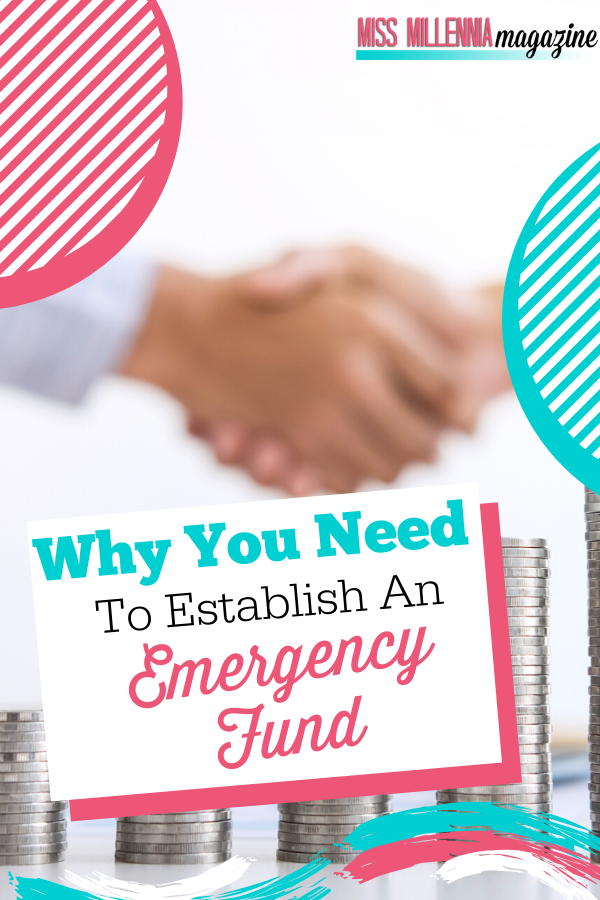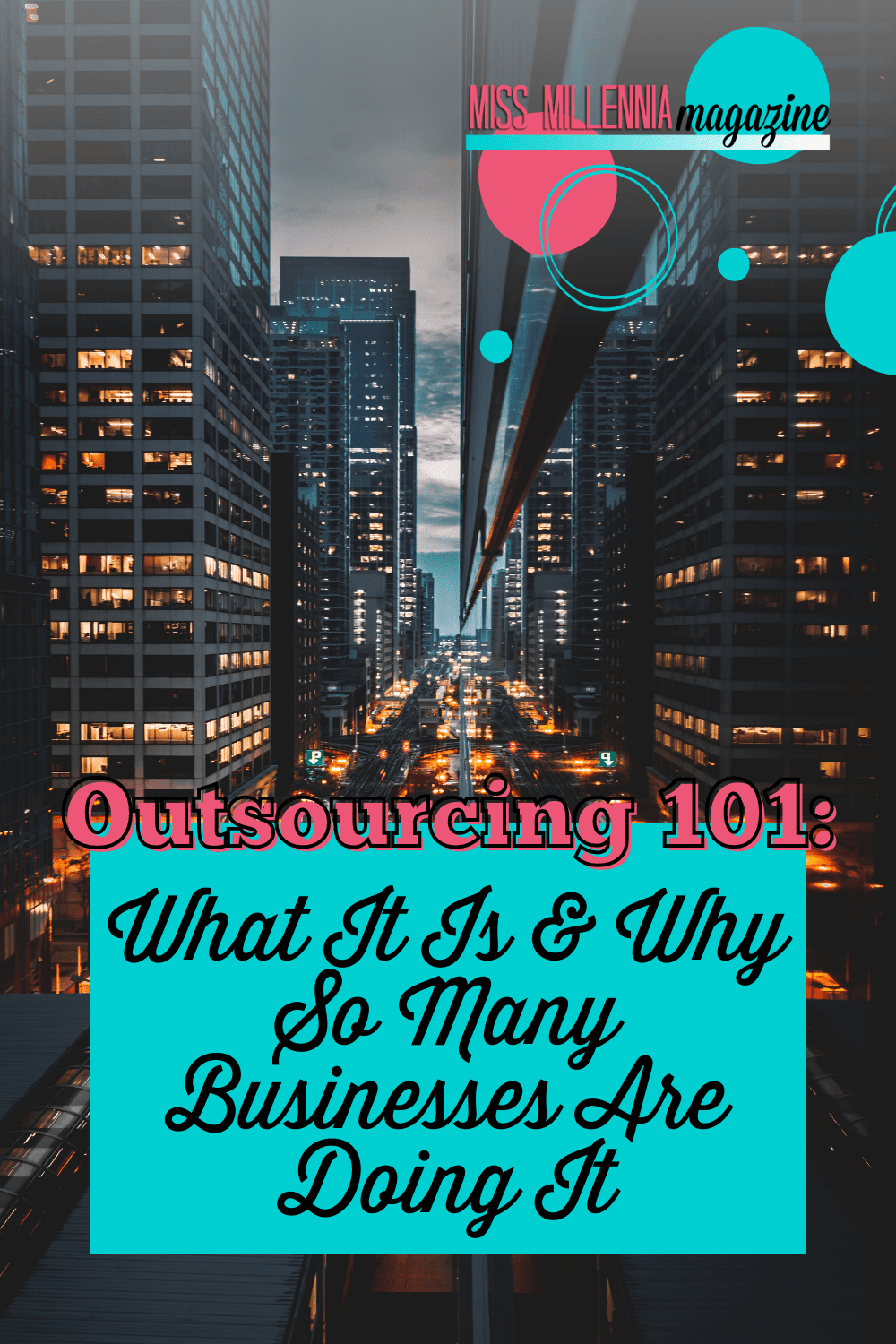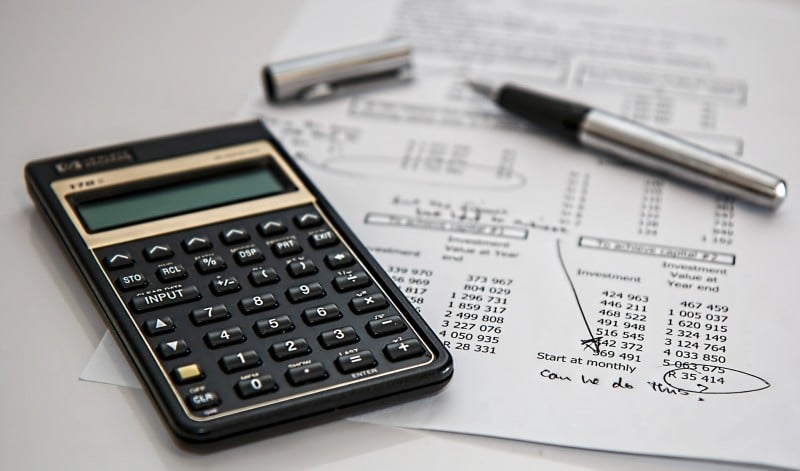7 Money Mistakes to Avoid Making in your 20’s
Money mistakes happen to every one of us, and it seems like our 20’s is the decade when we get the first taste of this. Being in your 20’s can seem like the trial and error period of our lives. We’re young, entering or enjoying independence, and not exactly making the best decisions when it comes to a lot of things, especially money. And poor decision-making with money can affect us when we get older. So in order to avoid that, we have several tips on how to stop making these mistakes and survive this period with cash in hand.
Overspending
Who hasn’t overspent money a few times? You’d be lying if you said no.
Overspending is a huge mistake everyone makes, even people way beyond their 20’s. Overspending on things we do not readily need or want, makes huge subtractions from our expenses. And if you’re not making more than what you’re spending, you’re really hurting yourself. To avoid making this mistake, figure out your needs and your wants. It’s vital to understand the difference, that way you can avoid spending money on things that are not important to you. Sure our 20’s is the time we can finally buy things our parents would not have bought for us or things they’d say is a waste of money, but ma and pa are right. Stop overspending. You wouldn’t throw away money just because, so don’t throw it away buying that vanity table you thought you needed but have barely used.
Not Tracking Expenses
Similar to overspending, you have to track your expenses to avoid spending your money on useless items. Download a money spending app, and track weekly and monthly expenses. Not knowing how to control your spending comes with consequences that can land you in serious debt. And with debt, comes interest, with interest, comes fees, and with fees come even more debt. Why deal with that when you can just spend within your budget? A good way to track your expenses is to save all of your receipts from shopping. Along with receipts, also save your bank statements and circle the expenses you made on your debit and/or credit cards. Doing this will let you know where your money is going and what is being bought with it — this will help you form a well-managed budget. If you’d rather not save all the paper, Mint.com is an amazing app that will track all your spending for you and break down on what categories you spend the most on.
Ruining Your Credit
Being offered credit cards one of the most exciting offers you’ll get when you reach your 20’s, (because yay! You get to spend more money). By the time you’ve reach 23, you’ve probably been offered a dozen credit cards. And that’s fine, because credit is handy. But tread lightly. A lot of money mistakes come from credit cards. A lot of people destroy their credit, instead of building it.
To avoid ruining your credit, start out with low-risk credit cards as your first credit card leap. These credit cards, also called secured credit, are for people with no credit history and these types of cards help you build credit. This is ideal for students also. These cards can require cash deposits as low as $200, and whatever your deposit is, that is your credit line. So basically you have a line of credit within what you can afford. These are better than unsecured credit cards, a.k.a regular credit cards, because they are not based on good credit history if you don’t have one.
But when you do get your first (unsecured) credit card, the number one thing to remember to do is pay on time, and more than the required minimum as much as you can. Lastly, keep track of your score — constantly! You also want to make sure your credit score is good and above average, and not fair or lower.
Not Saving Money
In the future you will need money to retire. And even if you’re not thinking of that now, learning to save money to set aside for later won’t hurt. Most banks nowadays offer a savings account when you open a checking — take advantage of that. And open another savings at another bank just for saving money.
It sucks to work hard, make money, and not have a decent savings to show for it. And that’s exactly what a lot of us experience in our 20’s. Instead of wondering where the hell all that money went, save. Even if it means $15 every two weeks, at least it’s something. Emergencies are going to happen, and you will need a backup plan if your immediate funds can’t help you. If your car randomly gets a flat or a back window is busted, unless you have a credit card to use, that is going to cost money.
Spontaneous Buying
Just like overspending and not tracking money, buying things spontaneously is no bueno! You should always have a plan before buying something, especially when it’s not food or health-related. Don’t just come home with a brand new TV or pricey fur coat, without having thought of doing so beforehand. And did you really need to eat one of the priciest meals on the menu, or was it a spontaneous buy? Avoid doing this. Being able to buy and afford things you wouldn’t usually buy feels great, and who doesn’t want to spoil themselves here and there — but don’t let these purchases cost you big bucks.
Not Shopping Frugally
Save extra money by knowing what to buy, when to buy it, and where. I’m not the most frugal shopper there is, but I am practical. I don’t like spending more for something, that I could’ve gotten cheaper at another store. So I keep track of that. I’d rather walk an extra half mile to get the lemonade I drink at lunch for $1 than pay $2.25 for the same drink at a closer store. Being frugal leaves more money in your pockets. By paying attention to the prices of items you frequently buy at a different stores, you’ll know where to shop more.
Also, coupon — it’s a lifestyle. When I was in my early 20’s I was not thinking about saving. If I saw what I wanted, I got it there. But as mentioned above, I hate paying for something and seeing it cheaper somewhere else — it makes no sense to me. Couponing and taking advantage of discounts accustoms you to not spending a lot and get you in the habit of wanting to save. Don’t dismiss ‘save 50 cents on one…’ as a non-factor, it can make a big difference when you like mid-range priced items.
Cheap Money Mistakes
Yes, being cheap is a money mistake. If you’re not overspending, making spontaneous purchases, and have a nice savings, that means you are paying close attention to your expenses. But don’t be too tight with your money. In order to build credit, you have to spend. In order to save for retirement, you have to contribute. Don’t let your money sit around without circulating it and investing it. What good is saving it, if you’re not creating benefits for it? Spend a few bucks here and there.
These are just 7 common money mistakes and solutions, but there are many more. A helpful general tip for avoiding money mistakes if you don’t know where to start is to spend only what you can afford.
Resources: USNewsMoney.com, Entrepreneur.com, Time.com.
What are some other money mistakes people in their 20’s should stop making?

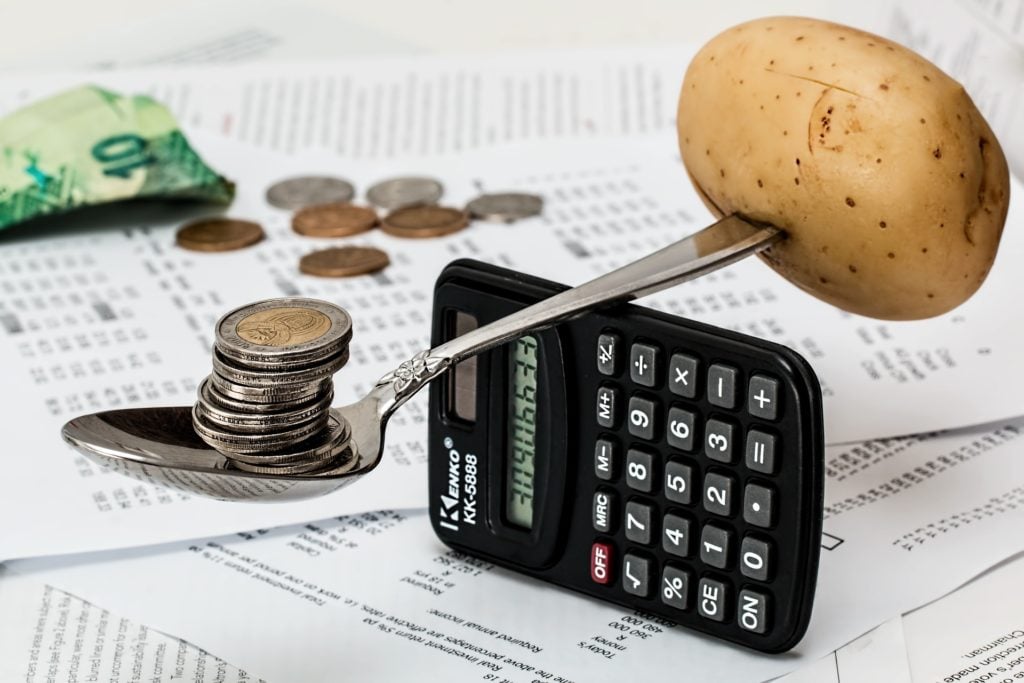
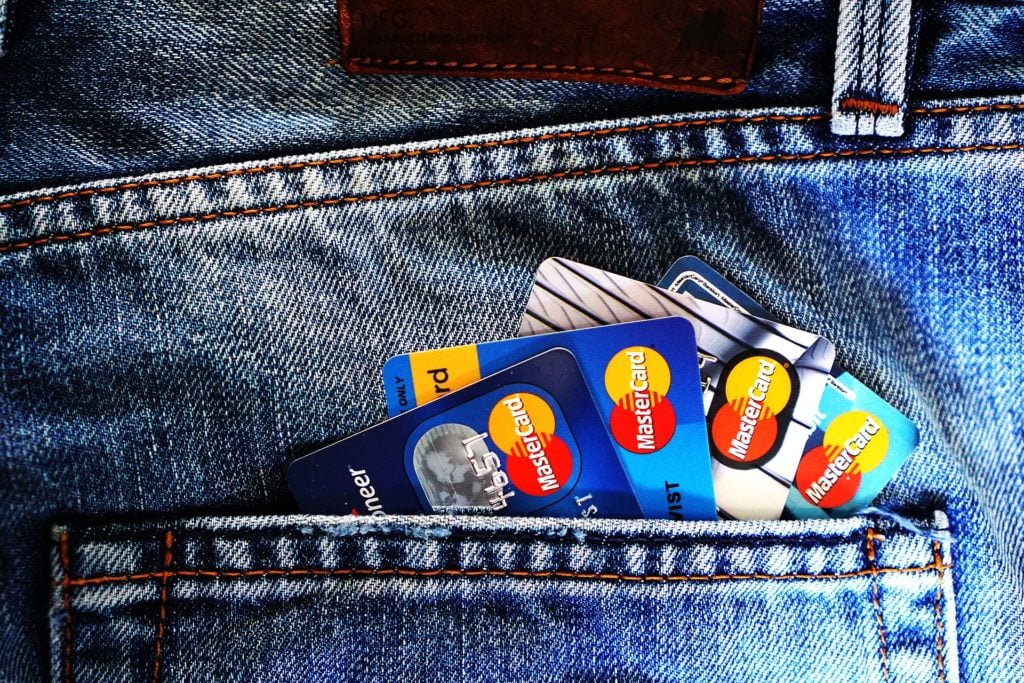
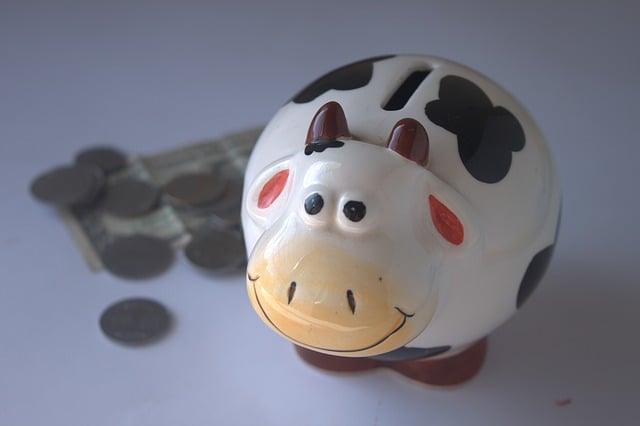


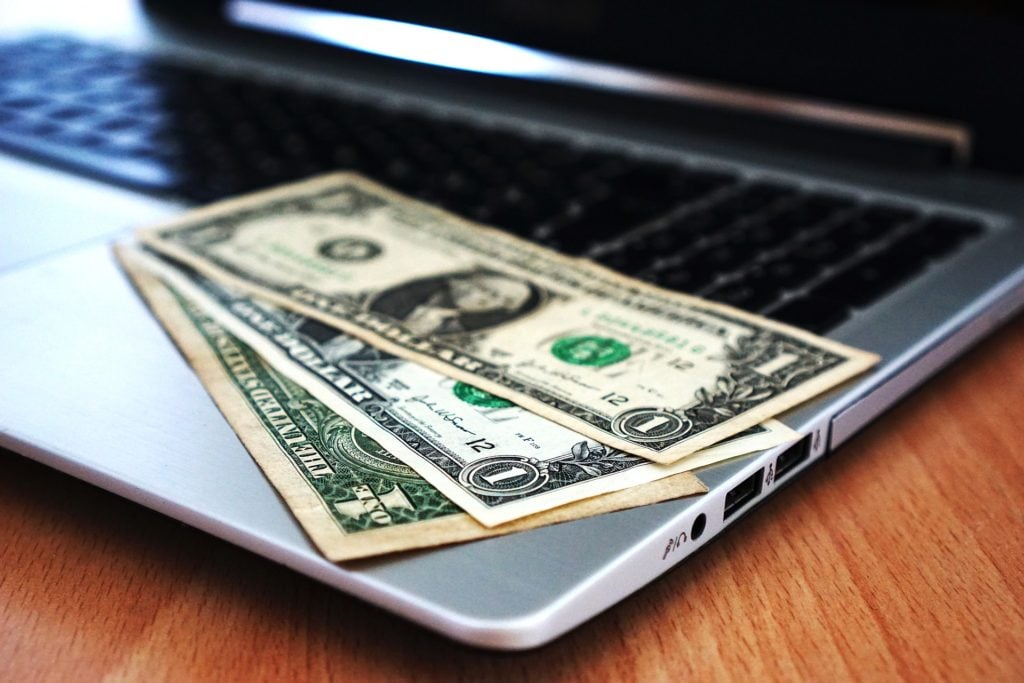

![How Millennials Can Make the Most of Their Money [Video]](https://missmillmag.com/wp-content/uploads/2017/09/feature-image-How-Millennials-Can-Make-the-Most-of-Their-Money-Video-pin1.jpg)
